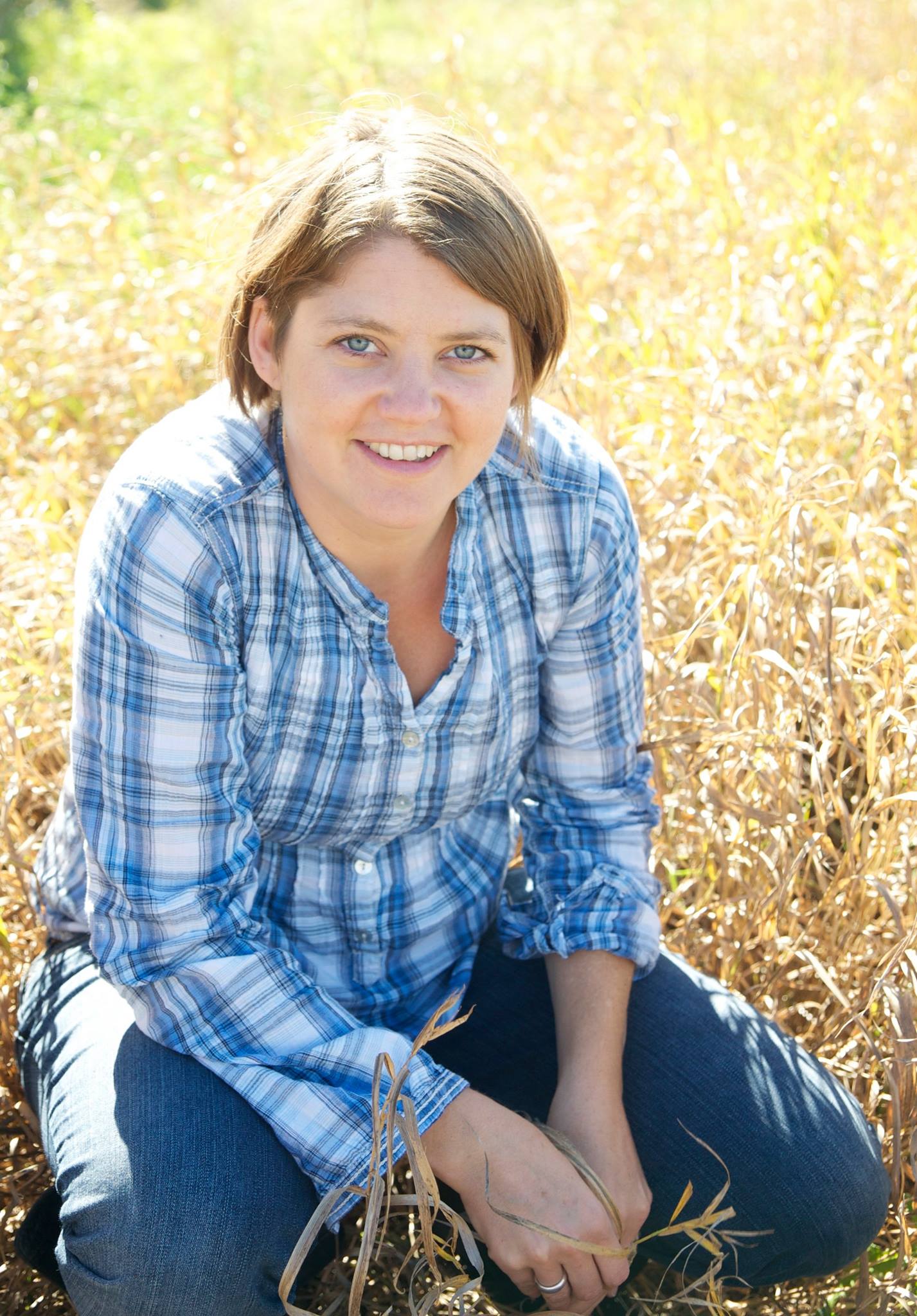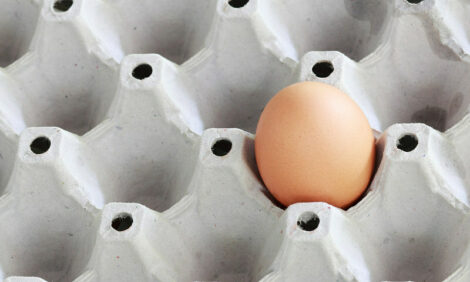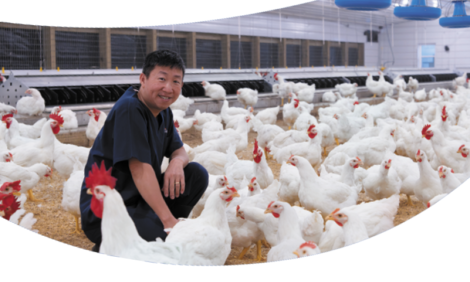



IEC 2024: Respeggt provides update on in-ovo sex determination technology
Silvin Faulstich, Business Development Manager, said Respeggt is working to improve current technologySilvin Faulstich, Business Development Manager at Respeggt, spoke with The Poultry Site’s Melanie Epp at the International Egg Commission Business Conference in Edinburgh, Scotland. In this short interview, Faulstich provides an overview of Respeggt’s in-ovo sexing technology and its use in Germany.
The adoption of in-ovo sexing technology began in Germany where legislation that bans the culling of day-old male chicks was introduced in January 2022. Initially, legislators said in-ovo sexing technology must be able to determine sex by day seven of embryonic development. However, that was later amended to day 12.
In response to legislation, Respeggt Group developed in-ovo sexing technology that identifies the sex of developing embryos at day-nine. The technology has three components.
At around day-nine of incubation, hatching eggs are removed from the incubator. Laser technology that Respeggt has dubbed “the Circuit,” is used to create a 0.3 mm hole in the shell of each fertilized egg. A small amount of allantoic fluid is then extracted from the egg and placed in an external marker. The hole is then sealed with beeswax.
The extracted liquid is assessed using PCR analysis to determine whether the hatching egg is male or female. The information is sent automatically to the sorter. Male hatching eggs are processed into feed, and female eggs are returned to the incubator. The resulting table eggs produced by the females are later labelled as “Free of Chick Culling.”
Respeggt is committed to ending male chick culling in global poultry supply chains, said Faulstich.
“We have our technology up and running in hatcheries in The Netherlands, Norway and in Germany already,” he said.
Currently, there is no legislation in Norway that prohibits male chick culling.
“That's actually a very good example of a country adopting this technology on a voluntary basis,” said Faulstich. “We just have been approached by a hatchery in Norway that has interest in the technology because they understand that chick calling and the killing of day-old male chicks doesn't make sense.”
Legislation was first introduced in 2022, but discussions began as early as 2019 when a lawsuit stating that male chick culling is in violation of animal welfare laws was first introduced. At that time, though, there was no technology on the market that could sex embryos in the early stages of development.
“In 2019, we launched our product and brought our solution to the market,” Faulstich said. “That was one of the one of the reasons why legislation in Germany was made possible actually.”
Respeggt is now the market leader in Germany; 60% of hatcheries use the company’s in-ovo sexing technology.
“It's obligatory there,” Faulstich explained. “You can either use in-ovo sexing technology or raise the male chicks, which is not a very sustainable solution.”
Although there is currently no legislation in place in The Netherlands, eggs from sexed embryos are available in supermarkets.
While Respeggt is currently the earliest and most accurate technology in the marketplace, Faulstich said there is still much to do in terms of improving the technology.
“Our accuracy rate currently is about 99%,” he said. “But there's still ways to get closer to the 100% mark.”









